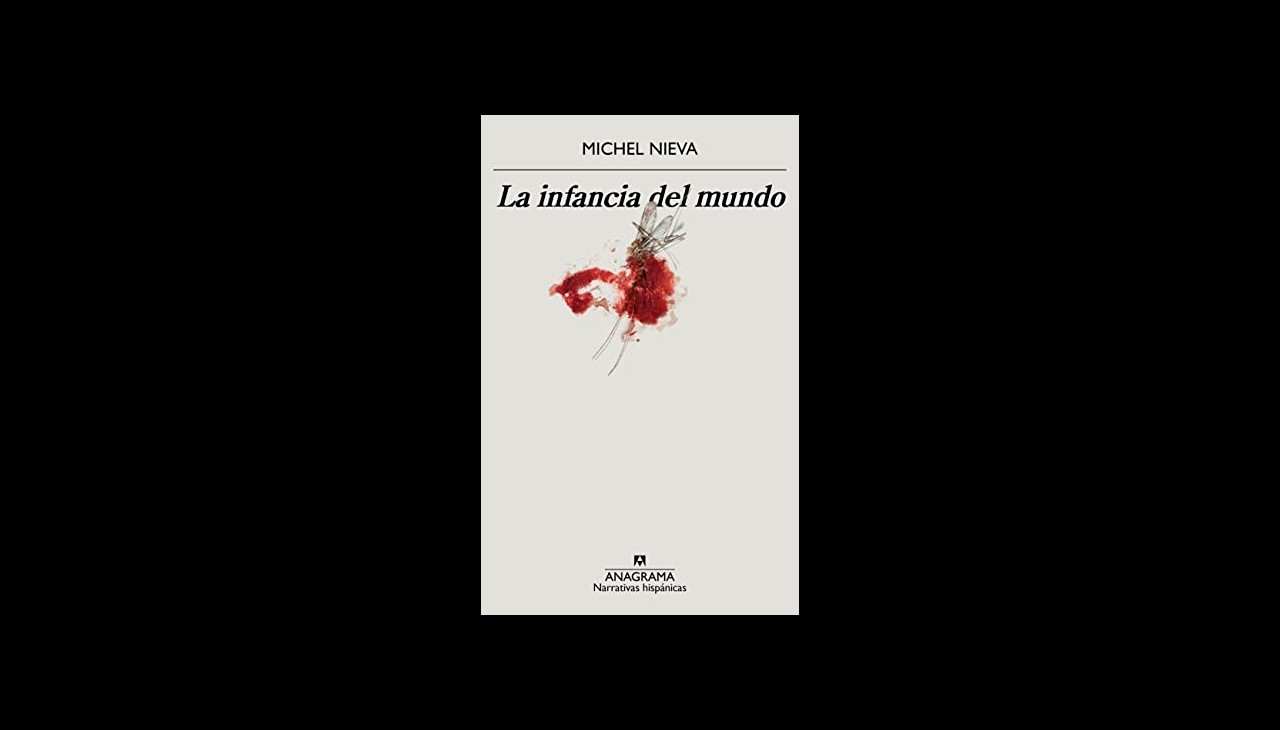
A cyberpunk look at the climate crisis
New York-based Argentine writer Michel Nieva's latest novel is set in a Pampa devastated by snowmelt
In April 2022, Michel Nieva, a young Argentine author living in New York, appeared on the list of 20 winners of the 2022 O. Henry Short Fiction Prize, an American award that recognizes short fiction in English or that's translated into English, for his short story Dengue Boy (translated by Natasha Wimmer).
The story, starring a boy who does not understand the meaning of the words "winter," "cold," or "snow" because he has never experienced the natural phenomenon, was actually the first chapter of an unpublished novel that Anagrama published for the Spanish market under the title La infancia del mundo (The Childhood of the World).
Described as a "cyberpunk look" at the climate crisis, La infancia del mundo is a science-fiction novel that takes us to Victorica, in the province of La Pampa, Argentina, after 2197 — the year in which the last Antarctic ice melts and an unprecedented climate catastrophe occurs, which has transformed this vast region of southern Argentina into a kind of Caribbean Pampean. In this context, the dengue boy, the main character, grows up as a carrier of dengue, a humanoid mosquito whose monstrous aspect not only turns him into cannon fodder for his classmates — commanded by a tyrant called El Dulce — but also provokes the contempt of his own mother.
RELATED CONTENT
On the other hand, powerful telepathic pebbles appear from the bowels of the earth that seem to recover the wisdom of the world's childhood, which Dulce and his brother smuggle. This world, however, will also be threatened by a socio-environmental crisis that becomes a source of financial speculation, while a planetary engineering multinational corporation promises to adapt the geography of Argentina Antarctica, Mars, Jupiter and its satellites to the demands of international tourism.
Moving in such different terrains as "virofinances," picaresque, manga, body horror and gaucho-punk science fiction, Nieva plays at "terraforming" (using the terms of his own universe) a world of worlds that is as rich and wide-ranging — following in the wake of Kafka, Cronenberg, Octavia E. Butler, Philip K. Dick and Junji Ito — as it is "inaugural," according to the editors of Anagrama.
Considered one of the most promising authors in Argentina, Nieva studied Philosophy at the University of Buenos Aires and is currently a doctoral researcher and professor at New York University. He's published the poetry collection Papelera de reciclaje (2011), the novels ¿Sueñan los gauchoides con ñandúes eléctricos? (2013), Ascenso y apogeo del Imperio Argentino (2018) and the book of essays Tecnología y barbarie (2020). In 2021, he was chosen by Granta magazine as one of the best young storytellers in Spanish thanks to the short story El niño Dengue"/"Dengue Boy, included within the book published in September by the Anchor Books with the stories of the 20 winners of the O. Henry Award.
The Spanish-speaking winners also included Argentina's Samanta Schweblin with her short story Un hombre sin suerte (translated by Megan McDowell) and Chile's Alejandro Zambra.
ya salió en papel!
— Michel Nieva (@MichelNieva) September 1, 2022
el libro de los premios O. Henry, que incluye "Dengue Boy", el primer capítulo de una nueva novela aún inédita, traducido por la gran Natasha Wimmer.
Una alegría compartir páginas con tanta gente admirada y querida! pic.twitter.com/OzsJVqPmvV



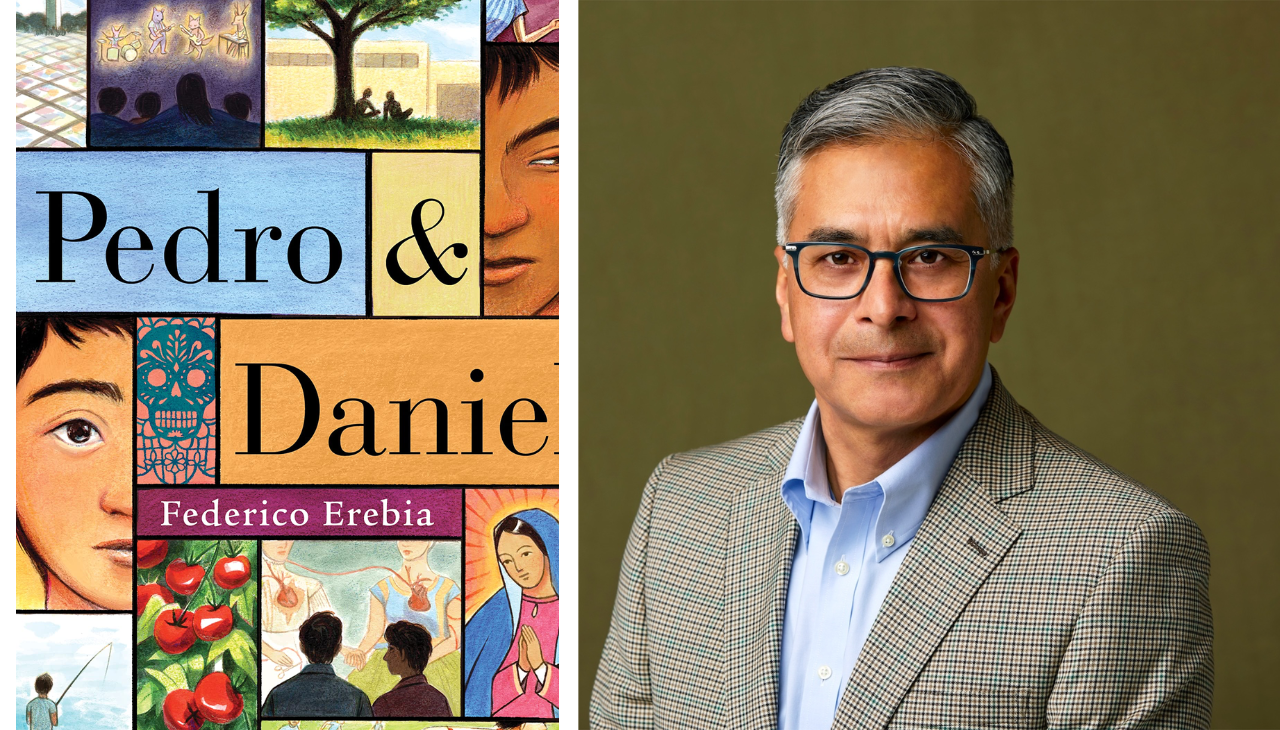
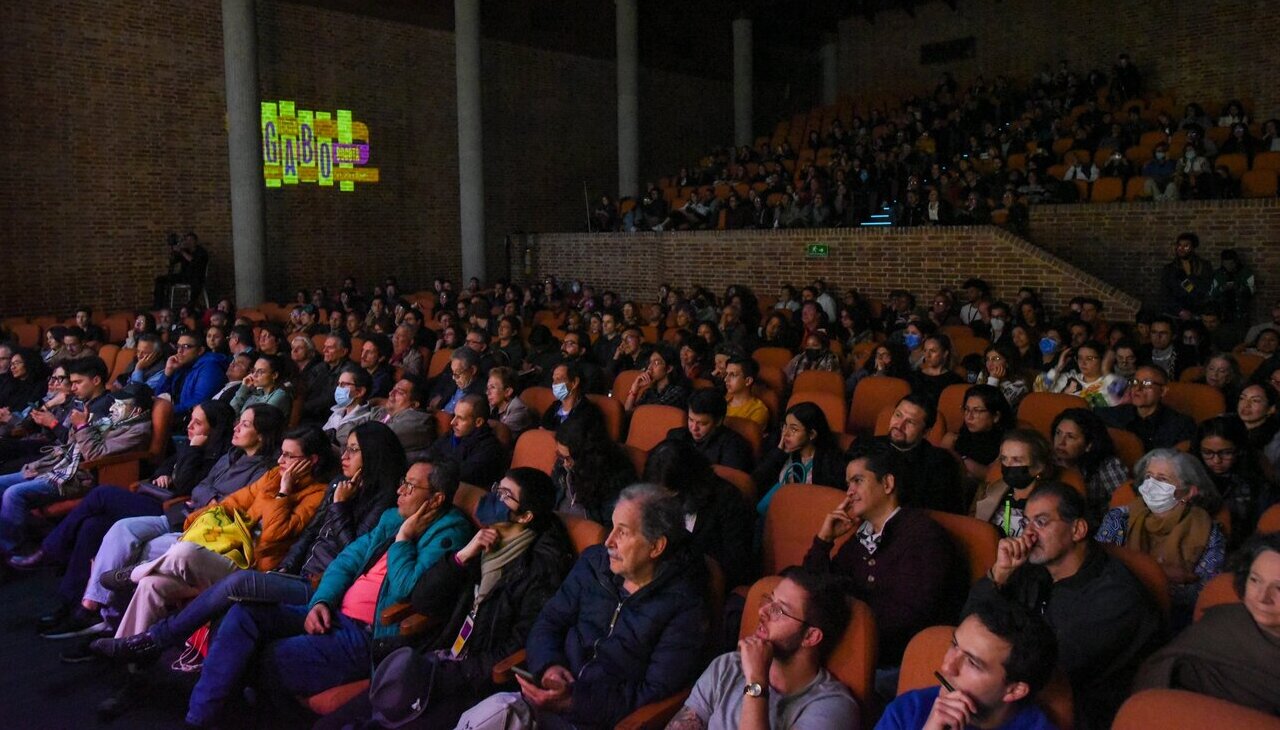
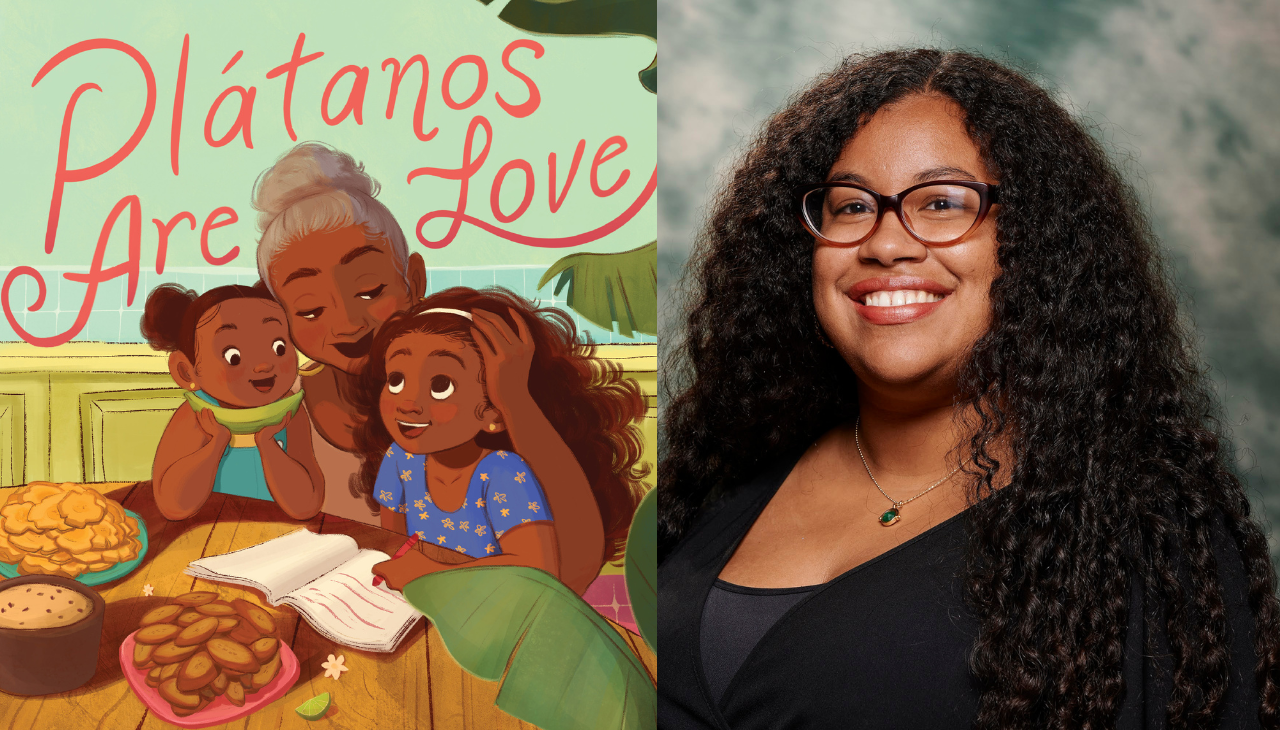
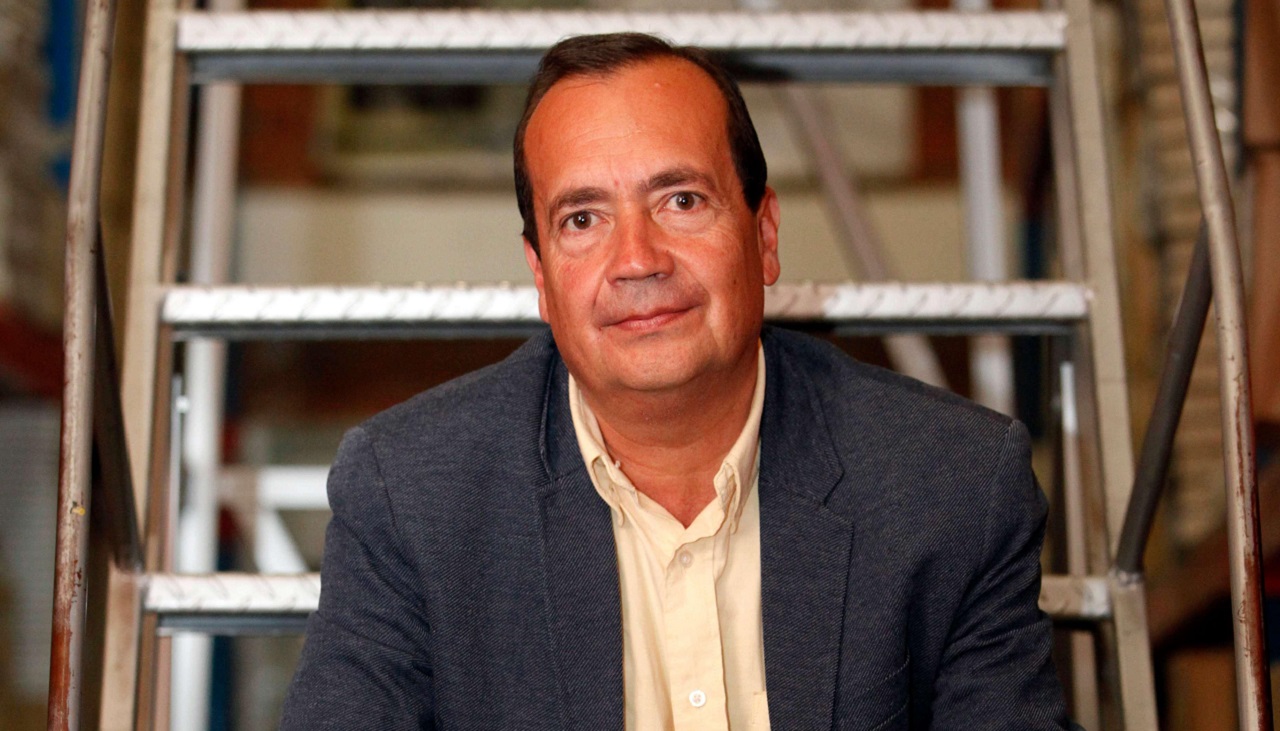
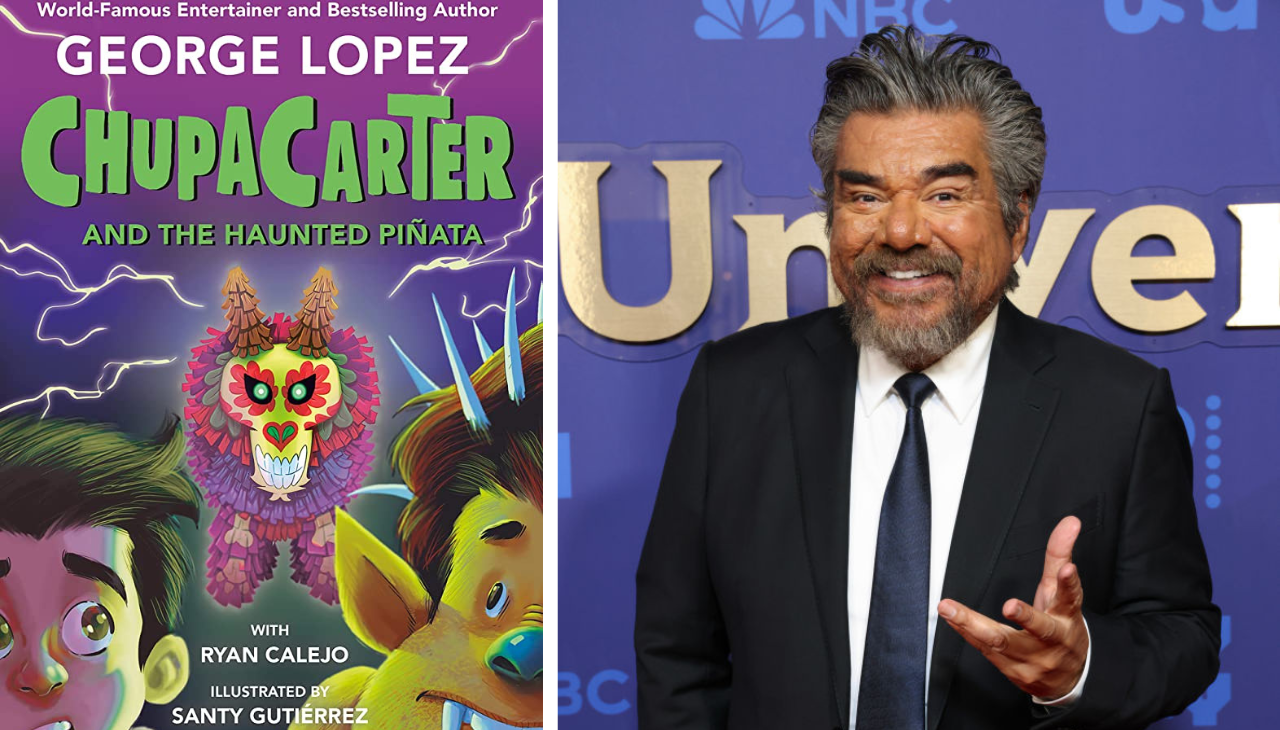
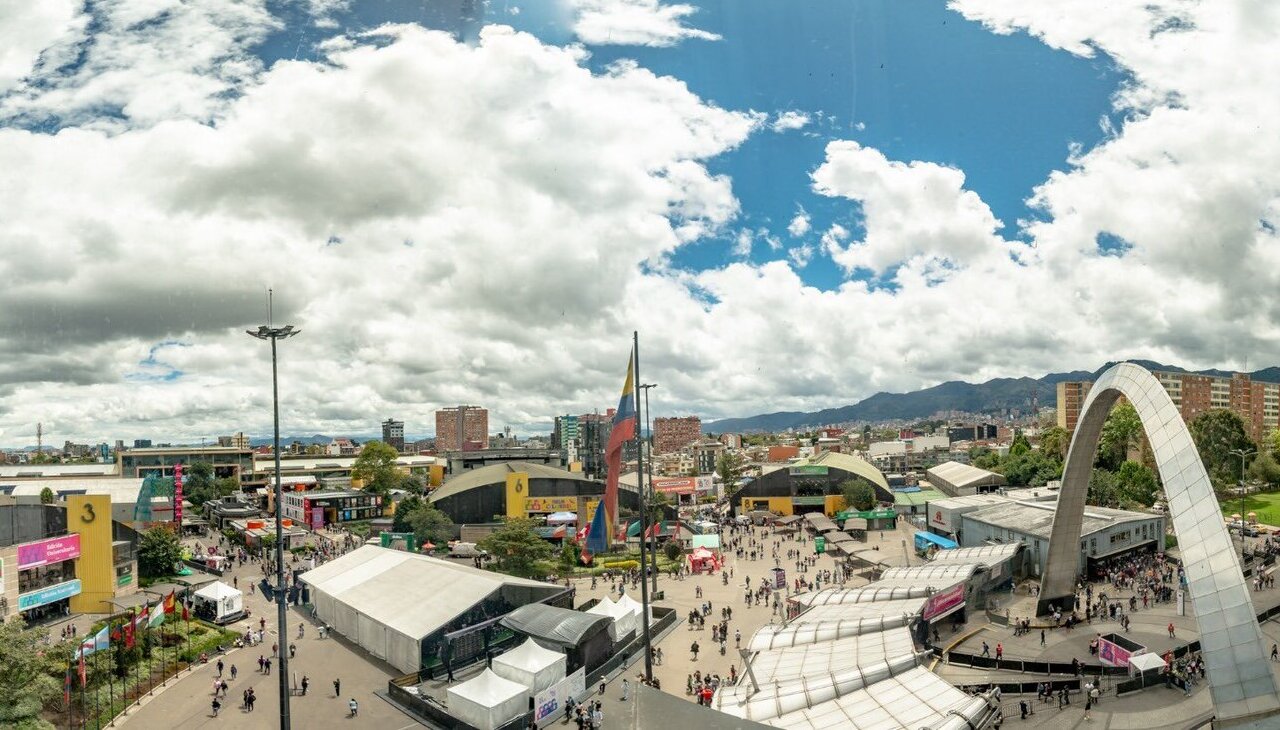
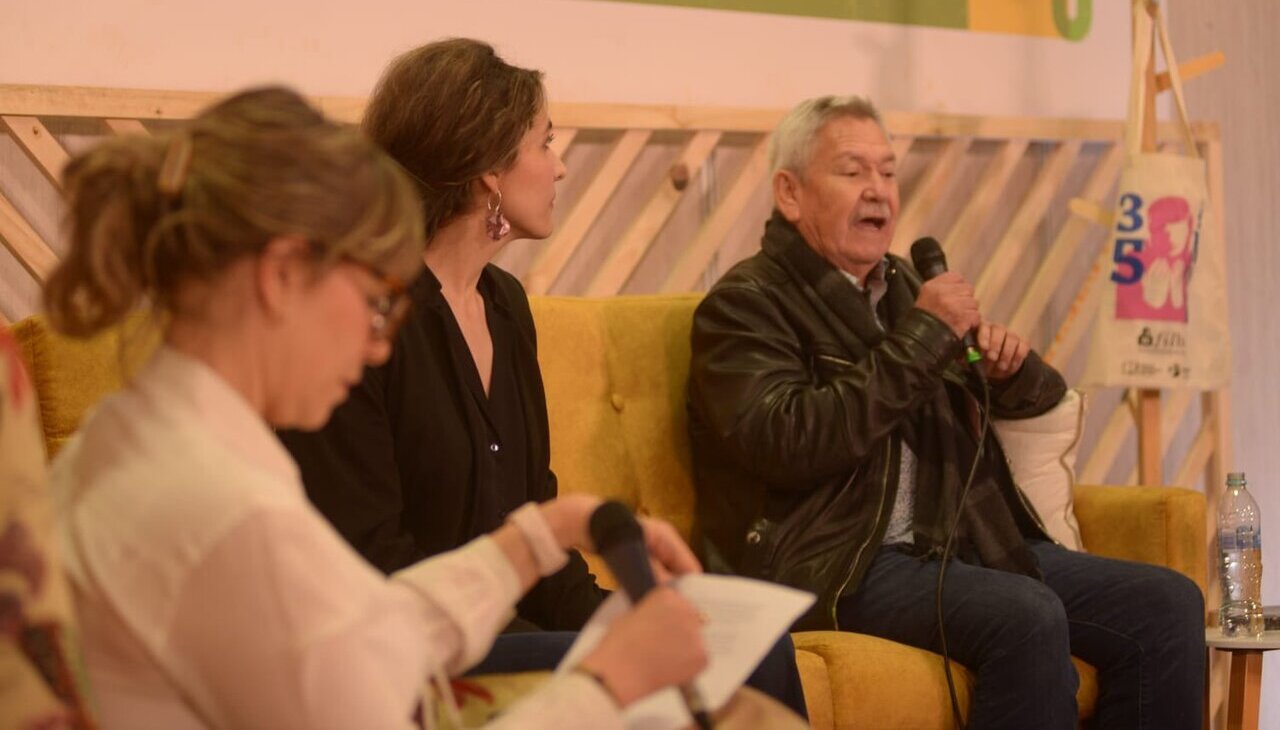

LEAVE A COMMENT:
Join the discussion! Leave a comment.